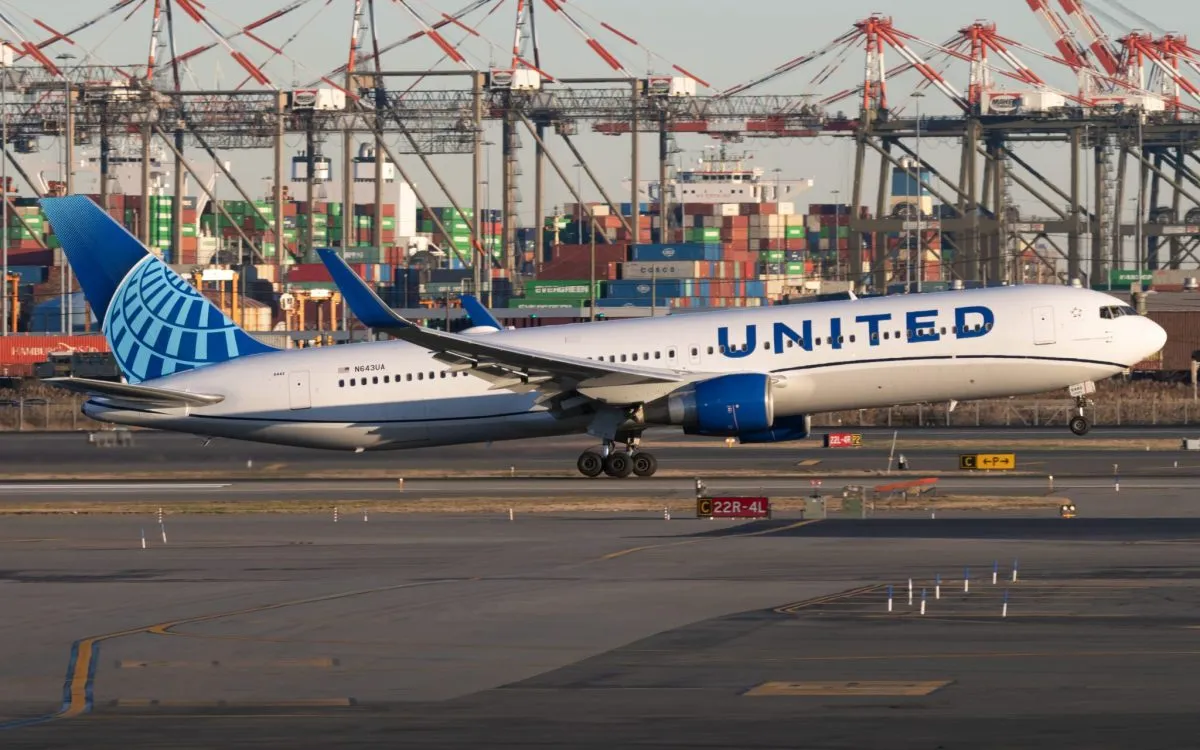Jim Cramer Critiques Economic Strategies Amidst High Tariffs on Chinese Goods

In our latest analysis, we delve into the insights shared by Jim Cramer, the renowned host of CNBC's Mad Money, regarding the investment landscape and its implications in light of recent tariffs levied on Chinese imports. On Thursday, Cramer addressed the staggering 145% tariff on goods imported from China, describing it as so extreme that it transcends the boundaries of a conventional tariff, effectively functioning more like an embargo.
According to Cramer, We now have a 145% tariff on Chinese goods. Now, a number that high frankly isnt really a tariff. Its more of an embargo. Almost nobodys gonna pay that much of a markup. Its a recipe for losing money. His comments raise significant concerns about the economic repercussions of such tariffs, suggesting that they could stifle growth and innovation.
In his discussion, Cramer expressed his belief that former President Donald Trumps frustrations are more aimed at past administrations that he believes allowed China to exploit U.S. trade policies rather than at Chinese President Xi Jinping himself, whom Trump often references in a respectful tone. While Cramer acknowledges the rationale behind Trumps objectives, he warns that the U.S. is not adequately equipped to manage the economic fallout from such drastic measures. As a nation, shamefully, weve gotten addicted to cheap Chinese imports, he asserted.
Cramer highlighted a pivotal moment he believes could redefine the relationship between U.S. companies and their exposure to China. I think what we saw today was the beginning of a sorting period between those that have no China exposure and those that do. Unfortunately, those that do employ a lot of people and are excellent companies, but they may not be excellent enough to make it through this new environment, and that is a real shame, he remarked. This comment underscores the potential job losses and economic instability that could arise as companies reassess their global supply chains.
Despite his concerns, Cramer argued that the U.S. could operate independently of its economic ties to China. However, he warned that such a shift would lead to increased domestic costs, a rise in unemployment, and an inevitable reliance on alternative global partners. The stakes, he said, are enormous. 'Yes, we have to take them on now or never,' he stated, but added that the associated consequences might exceed the public's capacity for acceptance.
So the bottom line: Is it worth it? Depends. I think its worth some temporary pain to drive a hard bargain and secure a more favorable trade deal from the Chinese government. But its not worth it to revert back from $439 billion in imports to zero, he cautioned, outlining the delicate balance that needs to be struck in trade negotiations.
Our methodology in compiling this analysis involved gathering a list of 12 stocks that Cramer discussed in the Mad Money episode aired on April 10. The stocks were presented in the order they were mentioned, along with insights into hedge fund sentiment for each stock as recorded in the fourth quarter of 2024. This analysis draws upon Insider Monkeys extensive database, which includes information from over 1,000 hedge funds.























